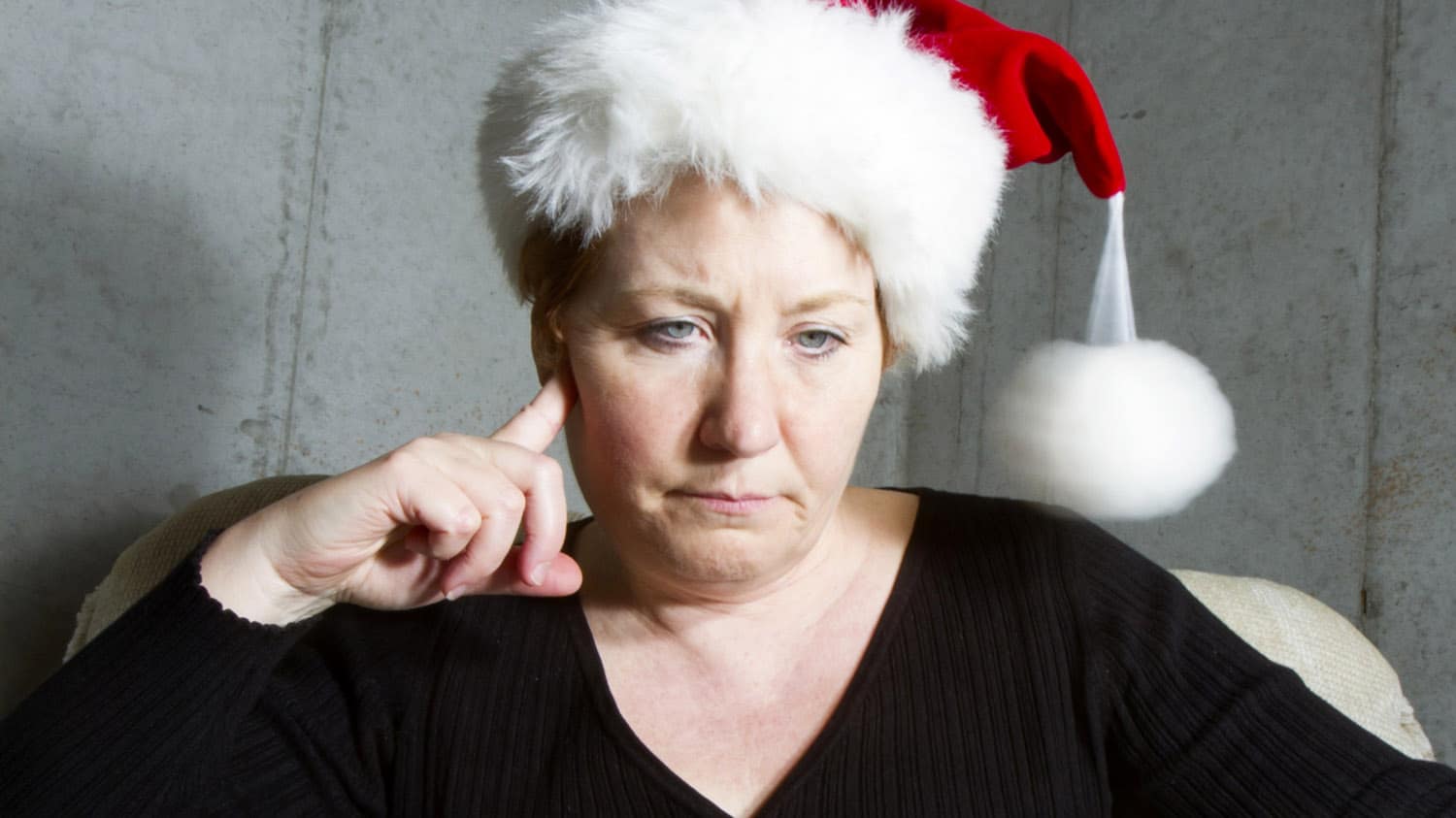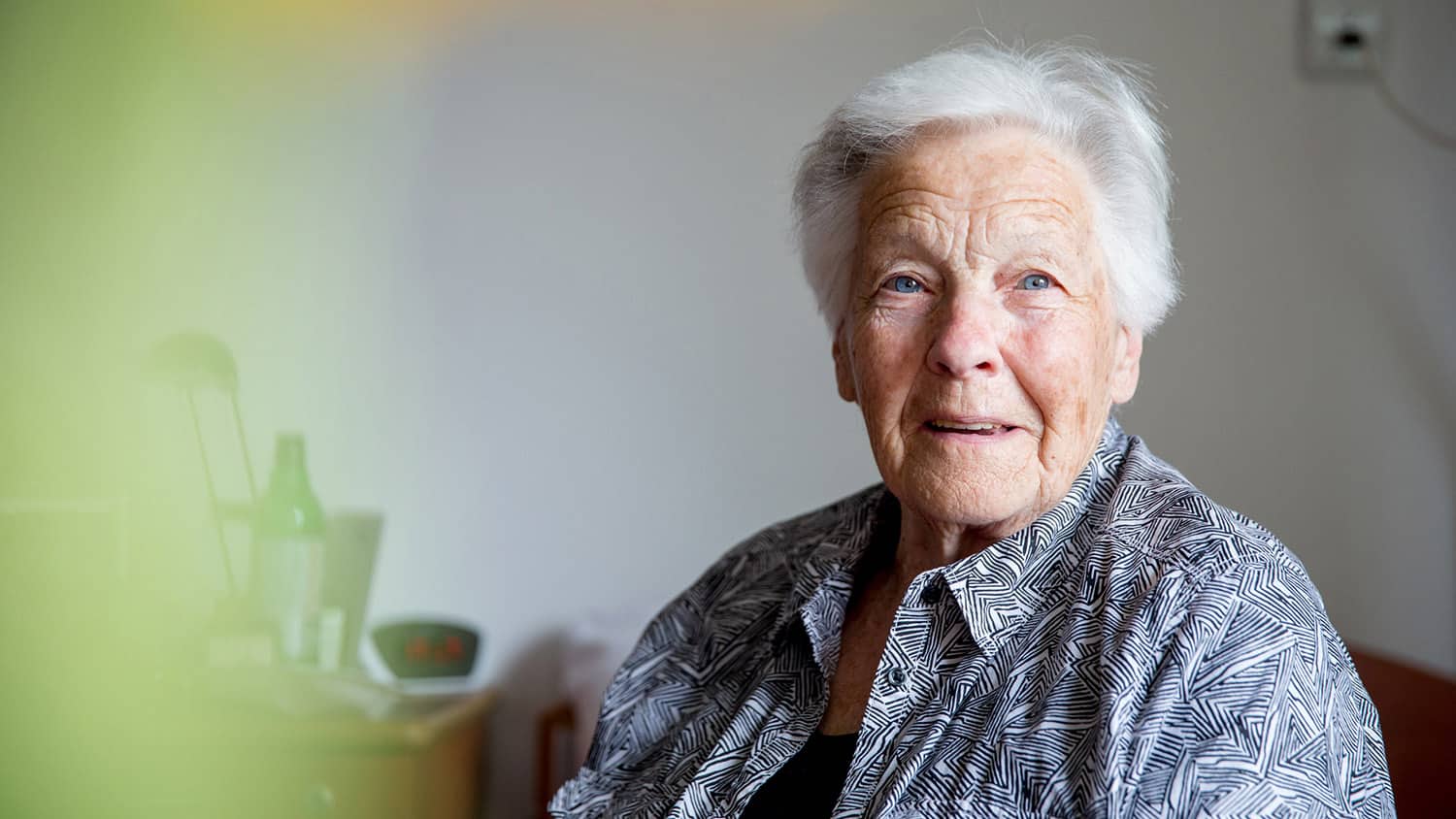
The Empty Chair: The One Essential Way for the Bereaved to Cope Better with That First Christmas
You imagine ahead to your traditional dinner: you know what you will be eating, you know who you will be celebrating with, you know where you will be – but suddenly your heart drops. This year there will be an empty chair round that table.
The first year after someone close to you has died can be very challenging indeed.
If this is the case for you, there are several things you can do. Don’t try to keep the same traditions – life is not the same, so new traditions need to be created.
Doing something completely different might even be better for you – spend the day with people whom you wouldn’t normally spend it with. Help others at a homeless shelter or take yourself somewhere away from home.
But whatever practical thing you decide to do, there is one thing that is essential, no matter where you go or what you do.
You Must Let Yourself Feel Whatever You Are Feeling
You may not want to, of course, letting yourself feel is a top priority. Sadness, yearning, tearfulness, mourning, feelings of loss, and all the other myriad of emotions that make up what we call grief do not feel lovely. They feel painful. Sometimes so much that it literally feels like your heart will break.
But there is really only one way to manage these overwhelming feelings, and especially at Christmas.
Stop Trying to Manage Them
Imagine the house in which you live. If a friend you want to see knocks on the door, you will gladly fling open the door and invite them in. Alternatively, if someone you don’t want to see at all comes knocking, you might hide and pretend you’re not in.
Or you might keep the door locked and simply not answer, or (especially if you can see them coming) you might close the curtains, turn off the lights, and behave as if no-one is at home when you hear the knock or the ring of the doorbell.
Overwhelming feelings are like those visitors. When ones we like come knocking, we can’t wait to let them in.
We love them being around, and often we try to get them to stay, and mourn their loss when they leave. As in “I had such a good day yesterday! What’s happened overnight – I feel so awful this morning.”
If we’re visited by feelings that we don’t like the look of, we batten down the hatches, ignore the knocking, and do everything we can to prevent them from entering. We pretend we don’t see/sense/feel/hear them lurking around outside, needing to find a way in.
The trouble with both of these methods of ‘managing feelings’ is that neither work. Surely, it’s a good thing to allow ‘good’ feelings the opportunity to stay? Surely, it makes sense to do your best to barricade against the ‘bad’ feelings?
But no.
Because when you do either of these things, you are ultimately bashing up against what is already happening. And that is a recipe for suffering. Sometimes prolonged suffering.
It Is in the Non-Acceptance of What Is That Trouble Starts to Brew
Feelings by their very nature need to be felt. When that happens, even if it is the most uncomfortable, painful, and horrible thing you can imagine, they don’t stay.
They will pass on through the house – especially if you have left the back door and windows open too, so they can easily disappear again.
The best Christmas gift you can give yourself (and everyone else) is just let the feelings be there, whatever they are.
Let them enter. Be neither attached to them nor diffident. Let them deliver their message. And then let them leave.
I learnt about all this when my husband died in 2011, just before Christmas, on 1st December. I had never before experienced the intense pain I then felt.
But I knew without a shadow of a doubt that no matter how excruciating the feeling was, I had to let it be there, as this would be the quickest way through to the other side. That is what I did.
So, if you’re sitting at the celebration table and you feel overcome with tears, let them be there. They’ve just come for a knock at the door, wanting to be with you for a bit.
If you say ‘no’ to them by closing the door, they won’t go away. They’ll just save themselves up for later – and ultimately will cause havoc in your body.
If you feel cross or angry, fearful or anxious, take some time out, even if it is a five-minute break in the bathroom, and allow those feelings to be there. It is okay to do this, it really is. If you feel like shouting but don’t want to make a noise, scream in your head instead. Imagine it all, it does work.
And if you want to have some sense of control about it all, go deeply into the feelings for just five minutes. Then, use the next five minutes to deliberately focus on what you are grateful for in your life.
What do you think about letting the feelings just come to you? Could you do this? Do you do this already? Post below and let me know.






